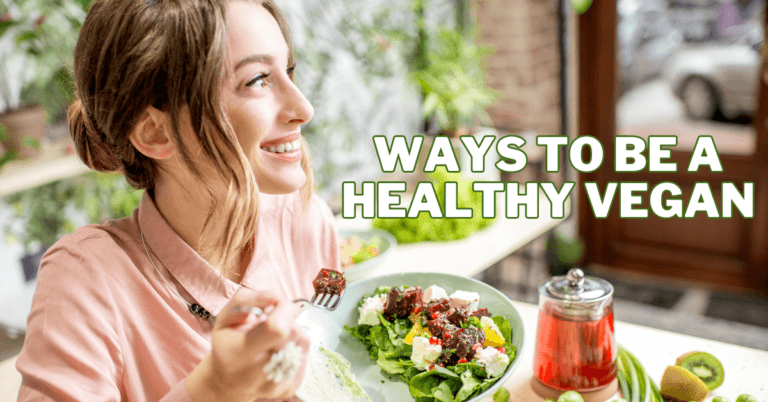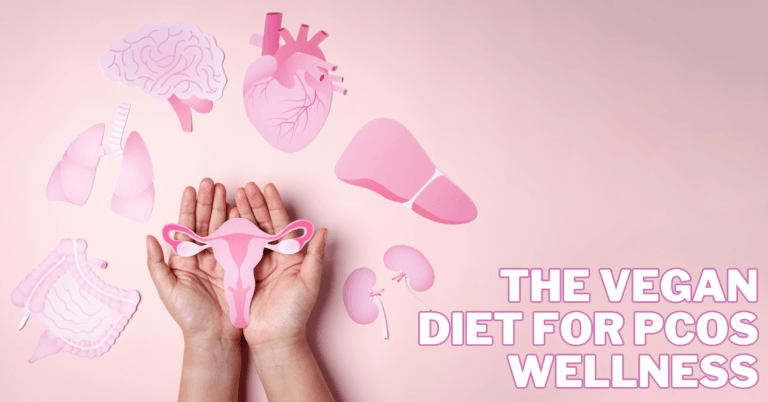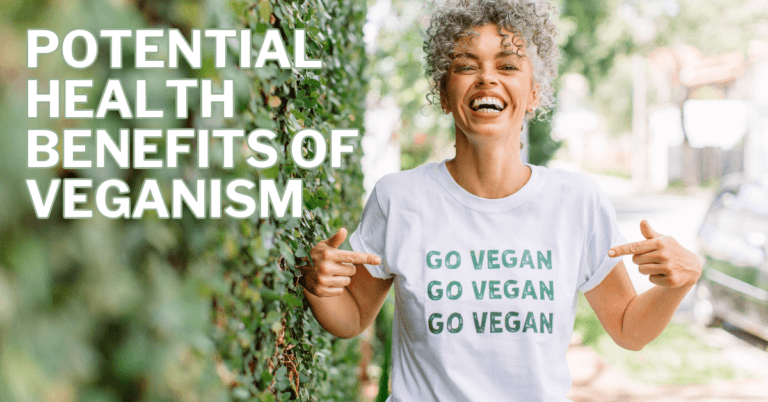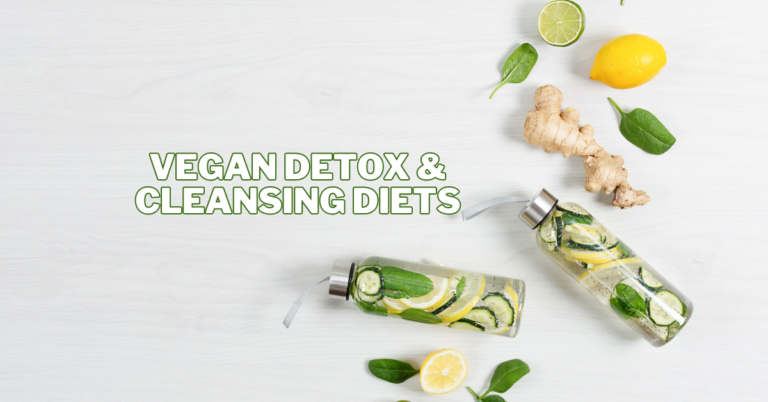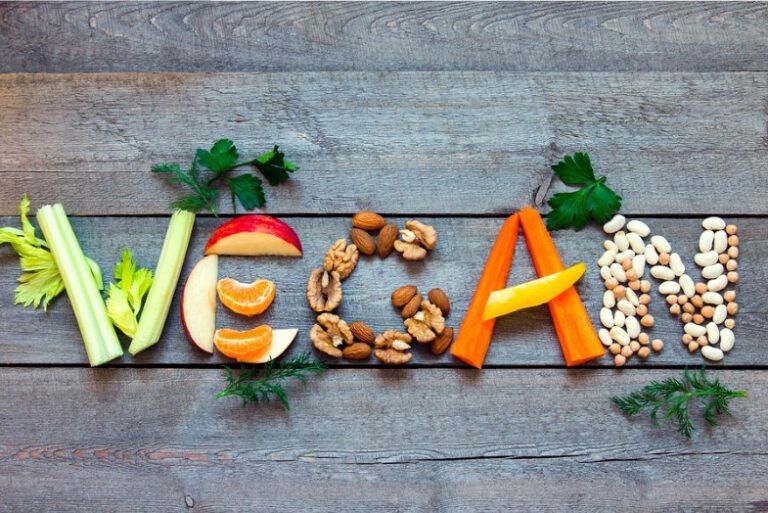Best Vegan Fitness Guide
Best Vegan Fitness Guide
In a world where fitness and health are prioritized, there is an increasing need for plant-based and sustainable lifestyles.
Changing to a vegan diet is only one aspect of adopting a vegan lifestyle; another is committing to one's overall health, which includes exercise.
You've come to the correct place if you've decided to adopt a plant-powered lifestyle and are motivated to improve your physical well-being.
This in-depth manual is designed for people who want to combine veganism with fitness in an ideal way.
It provides a road map to help you reach your wellness objectives while strengthening your resolve to lead a sustainable, cruelty-free lifestyle.
This all-inclusive vegan fitness guide will help you get started on the path to optimal health and sustainability by providing a clear plan for combining exercise and a plant-based diet.
Come along as we explore the nuances of the best vegan fitness practices, including meal planning high in nutrients and efficient workouts, to uncover the keys to a successful and exciting vegan fitness journey.
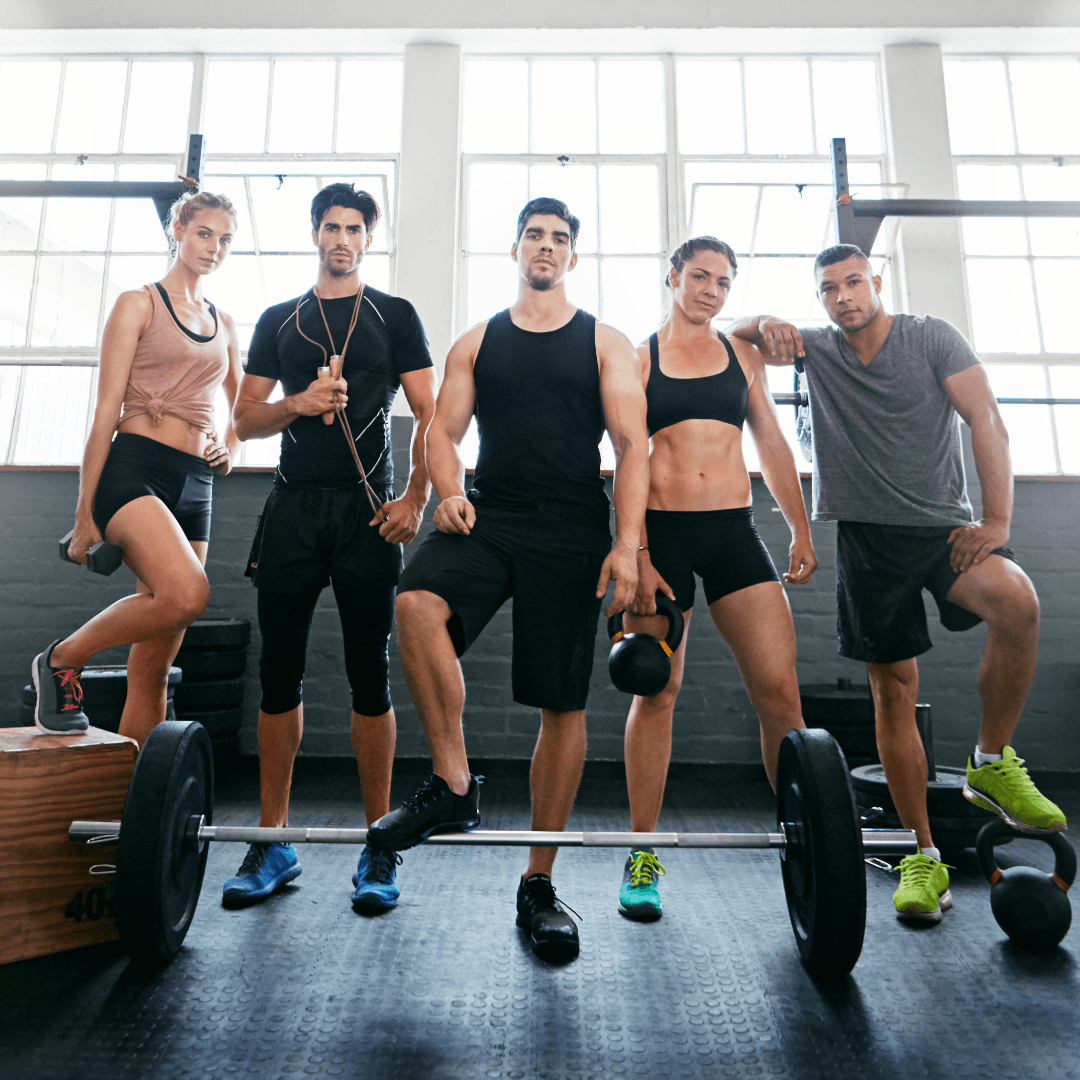
Benefits Of Vegan Fitness
Vegan fitness, the combination of a plant-based diet and physical activity, offers a spectrum of benefits that extend across various dimensions of well-being.
Here's an exploration of the advantages associated with embracing veganism in the realm of fitness:
1. Enhanced Athletic Performance
The nutrients required for peak physical performance can be obtained from a well-planned, whole-food vegan diet.
The abundance of complex carbohydrates, vitamins, and antioxidants improves endurance and quicker recovery times for athletes.
2. Improved Cardiovascular Health
A plant-based diet, naturally low in saturated fats and cholesterol, supports heart health. A vegan diet may lower blood pressure, lower the risk of heart disease, and improve cardiovascular health in general.
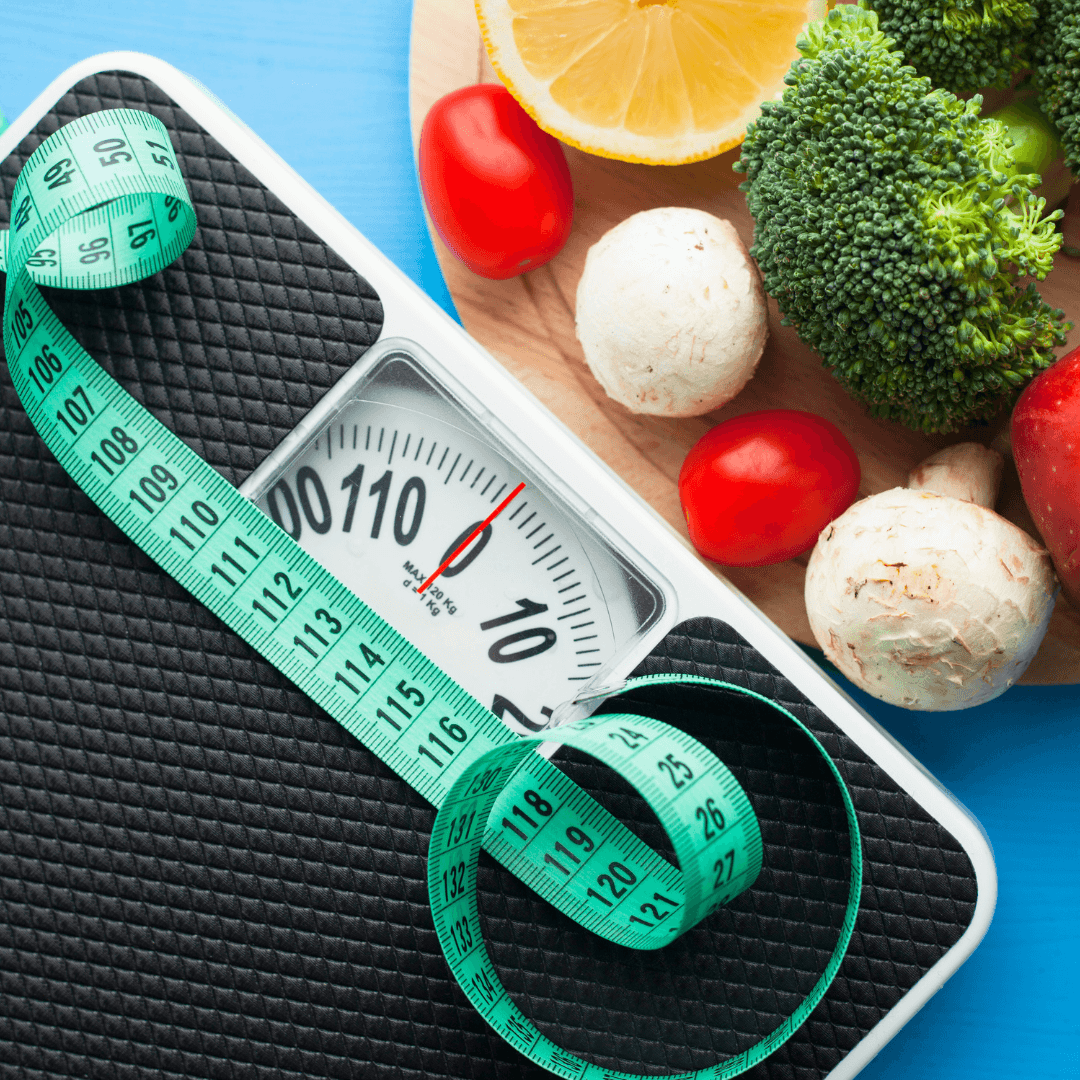
3. Weight Management
A plant-based diet typically has fewer calories and saturated fats, which aids in weight control. Combined with regular exercise, vegan fitness can effectively achieve or maintain a healthy weight.
4. Enhanced Recovery And Reduced Inflammation
Plant-based foods' anti-inflammatory properties can aid post-workout recovery by reducing inflammation.
This may result in quicker healing and less muscle soreness, making fitness regimens more reliable and efficient.
5. Ethical And Environmental Considerations
Beyond personal health, adopting a vegan fitness lifestyle aligns with ethical considerations.
Reducing reliance on animal products contributes to a more sustainable and environmentally friendly way of living, and many people become vegans for reasons relating to animal welfare.

6. Digestive Health
A plant-based diet, abundant in fiber from fruits, vegetables, and whole grains, promotes digestive health. Improved gut health can enhance nutrient absorption, improving overall health and vitality.
7. Reduced Risk Of Chronic Diseases
Numerous chronic illnesses, including type 2 diabetes, certain cancers, and disorders related to metabolic syndrome, may be less common in people who follow a vegan diet, according to research.

8. Positive Impact On Mental Health
Vitamins, antioxidants, and omega-3 fatty acids—nutrients in plant-based diets—may benefit mental health.
Additionally, the ethical alignment of a vegan lifestyle can contribute to a sense of purpose and well-being.
In summary, the benefits of vegan fitness span physical health, ethical considerations, and environmental sustainability.
As more individuals recognize the interconnectedness of their dietary and fitness choices, adopting a plant-powered lifestyle is becoming an increasingly attractive and holistic approach to well-being.
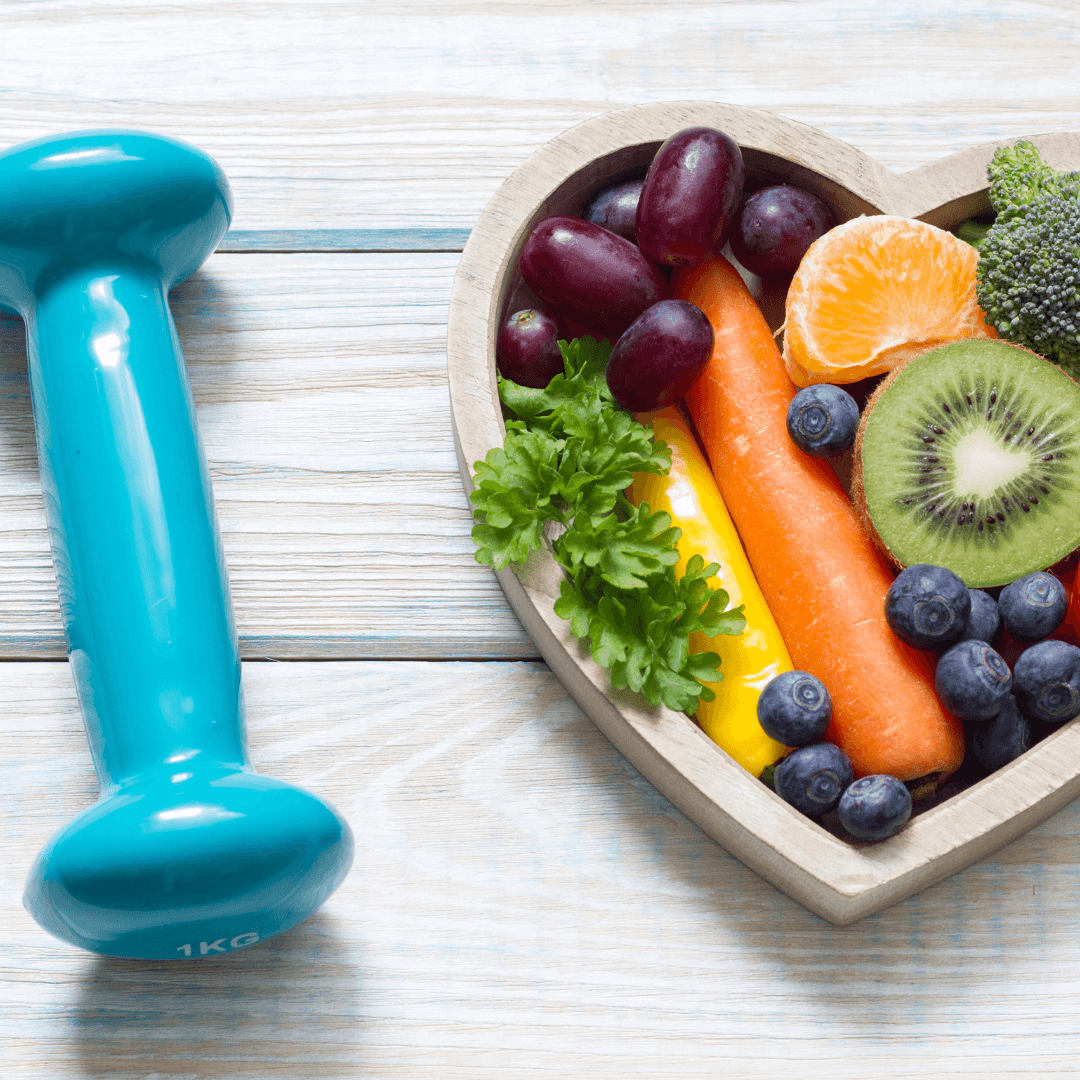
Nutritional Basics For Vegan Fitness
Vegan athletes can achieve peak performance by understanding the nutritional foundations for their plant-powered journey.
First and foremost, mastering the balance of macronutrients is essential. Protein, a cornerstone for muscle repair and growth, is abundant in plant-based sources such as legumes, tofu, tempeh, and seitan.
Combining these diverse protein sources ensures a complete amino acid profile, addressing individual amino acid deficiency concerns.
Micronutrients are essential for maintaining both general health and peak athletic performance. Iron in leafy greens, lentils, and fortified cereals is essential for oxygen transport during high-intensity workouts.
Calcium, vital for bone health, can be sourced from fortified plant milk, tofu, and leafy greens. Vitamin B12, primarily found in fortified foods or supplements, is crucial for energy metabolism, preventing deficiencies common in vegan diets.
Carbohydrates, often misunderstood, are a vegan athlete's primary energy source. Fruits, vegetables, and whole grains give you sustained energy during exercise and help you recover.
The production of hormones and the absorption of nutrients depend on healthy fats, which can be obtained from avocados, nuts, seeds, and olive oil.
In a vegan diet, diversity is key. A plate filled with colourful fruits, vegetables, legumes, and whole grains ensures a rich tapestry of nutrients.
By embracing this nutritional diversity, vegan athletes support their physical prowess and contribute to sustainable and compassionate living.
Balancing macronutrients and micronutrients is achievable and empowers individuals to thrive in their athletic pursuits while championing the values of a plant-based lifestyle.
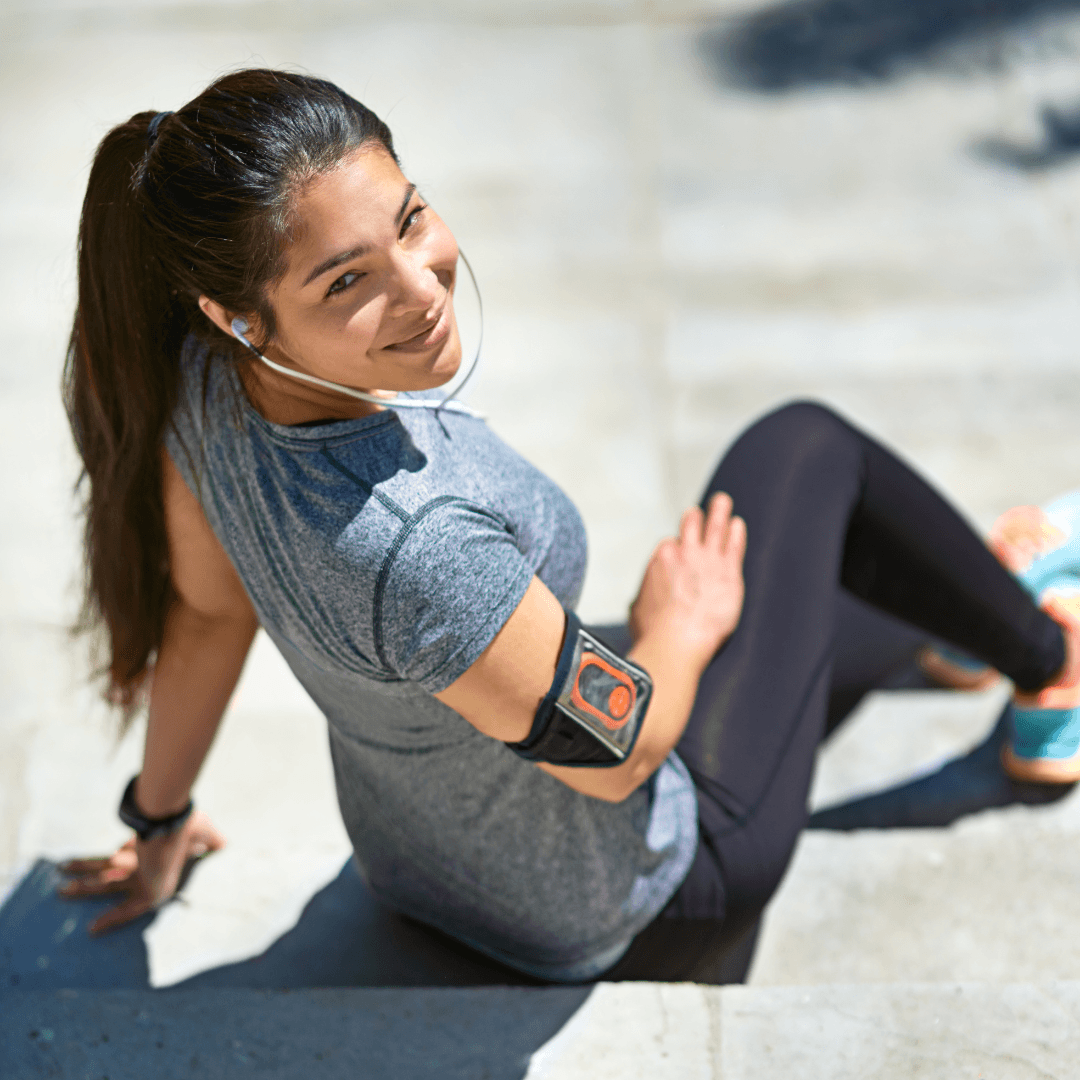
Activities To Improve Your Vegan Fitness
Discover a wealth of tailored activities for cardiovascular health, strength, flexibility, and overall well-being in this comprehensive vegan fitness guide. Here are specific details on activities tailored to enhance your vegan fitness:
1. Plant-Powered Cardiovascular Exercise
- Trail Running: Combine the benefits of running with the rejuvenating nature experience.
- Cycling Tours: Explore vegan-friendly destinations on two wheels, promoting cardiovascular health.
- Swimming: A low-impact, full-body workout that aligns with the compassionate vegan lifestyle.
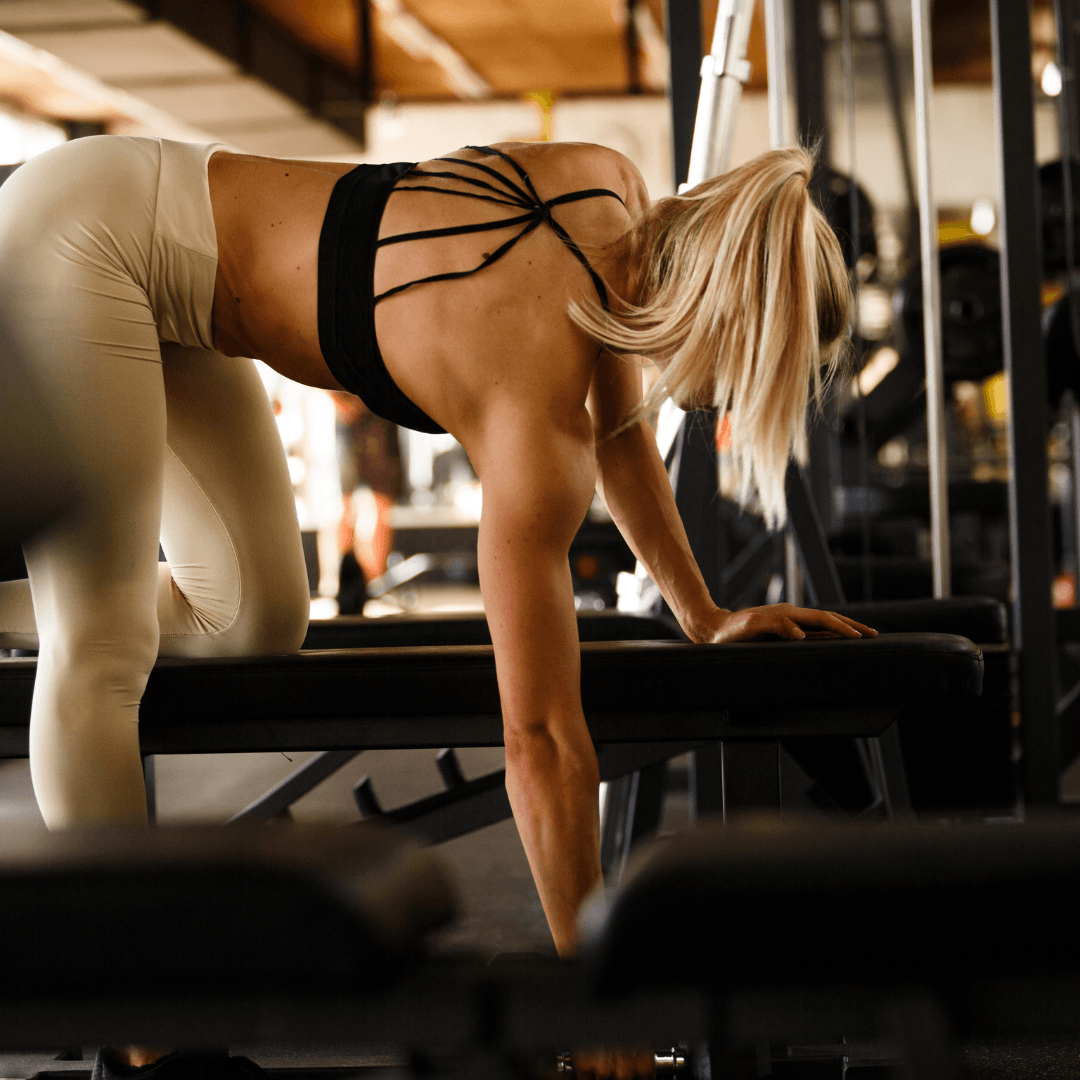
2. Vegan Strength Training
- Plant-Powered Protein Workouts: Incorporate strength training using vegan protein sources like legumes, tofu, and seitan.
- Bodyweight Workouts: Leverage exercises like squats, lunges, and push-ups for strength without additional equipment.
- Vegan Athlete Weightlifting: Engage in weightlifting using plant-based protein supplements to support muscle growth.
3. Flexibility And Mindful Movement
- Vegan Yoga: Practice yoga focusing on compassion, mindfulness, and flexibility.
- Pilates For Vegans: Enhance core strength and flexibility to align with plant-based principles.
- Vegan Tai Chi or Qi Gong: Combine movement, breathwork, and meditation for holistic well-being.
4. High-Intensity Vegan Workouts
- HIIT with Plant Power: Implement high-intensity interval training with a diet rich in plant-based energy sources.
- Vegan CrossFit: Join a vegan-friendly CrossFit community for varied and intense workouts.

5. Outdoor Vegan Activities
- Vegan Hiking and Camping: Explore plant-based snacks and meals for outdoor adventures.
- Vegan Climbing: Engage in rock climbing or bouldering, incorporating plant-based nutrition for sustained energy.
- Kayaking or Paddleboarding: Combine water activities with a vegan approach to nutrition.
6. Vegan Group Fitness Classes
- Vegan Zumba or Dance Classes: Enjoy dance workouts with a plant-based community.
- Vegan Spin Classes: Intense cycling sessions focusing on plant-powered nutrition.
- Vegan Bootcamp Workouts: High-energy group workouts with a vegan-friendly twist.
7. Mind-Body Vegan Activities
- Vegan Meditation Retreats: Combine fitness of the mind with a vegan lifestyle.
- Vegan Mindful Breathing Classes: Enhance lung capacity and relaxation through breathwork.
- Vegan Wellness Retreats: Engage in activities that promote mental and physical well-being while adhering to a vegan diet.
8. Vegan Sports And Recreational Activities
- Vegan Tennis or Pickleball: Enjoy sports that improve agility, coordination, and cardiovascular health.
- Vegan Soccer or Basketball: Participate in team sports with a plant-based approach.
- Vegan Golf or Disc Golf: Combine leisure activities with a vegan-friendly diet.
Remember to personalize your fitness routine based on your preferences, fitness level, and goals.
A well-rounded approach with various activities will improve fitness while aligning with your vegan lifestyle.
If you have any pre-existing health conditions, especially before beginning a new exercise regimen, always seek advice from a healthcare professional or fitness expert.

Supplements For Vegan Fitness
Navigating potential nutrient gaps in a vegan diet and ensuring optimal health is effortlessly addressed with the guidance provided by this comprehensive vegan fitness guide. Addressing these gaps through well-chosen supplements is key to maintaining optimal health.
1. Nutrient Gaps
- Vitamin B12: Vital for nerve function and energy metabolism, B12 is primarily found in animal products, making supplementation crucial for vegans.
- Iron: Plant-based iron (non-heme) is less readily absorbed than heme iron from animal sources. Combining iron-rich foods with vitamin C enhances absorption.
- Omega-3 Fatty Acids: While sources like flaxseeds and walnuts provide alpha-linolenic acid (ALA), converting it to the essential omega-3s (EPA and DHA) can be inefficient for some individuals.
- Vitamin D: Limited natural sources in a vegan diet; sunlight exposure and supplementation are essential for bone health.
2. Recommended Supplements
- Vitamin B12: Vital for nerve function and energy metabolism, B12 is primarily found in animal products, making supplementation crucial for vegans.
- Iron: Plant-based iron (non-heme) is less readily absorbed than heme iron from animal sources. Combining iron-rich foods with vitamin C enhances absorption.
- Omega-3 Fatty Acids: While sources like flaxseeds and walnuts provide alpha-linolenic acid (ALA), converting it to the essential omega-3s (EPA and DHA) can be inefficient for some individuals.
- Vitamin D: Limited natural sources in a vegan diet; sunlight exposure and supplementation are essential for bone health.
3. Addressing Controversies
- Calcium: Some argue that calcium from plant sources may not be sufficient, but fortified plant milk, tofu, and leafy greens can meet needs.
- Iron: Concerns about iron absorption can be alleviated through proper dietary planning, including iron-rich foods and vitamin C-rich sources.
- Omega-3s: Controversy surrounds the efficiency of ALA conversion. Algal oil supplements provide a direct source of EPA and DHA without relying on fish oil.
- Protein: Often debated, but a well-balanced vegan diet with diverse protein sources can meet protein needs for most individuals.
Careful consideration of nutrient intake through fortified foods and appropriate supplements is essential for maintaining a thriving vegan lifestyle.
Consulting with a healthcare professional or registered dietitian can help personalize supplement recommendations based on individual needs and potential nutrient gaps.
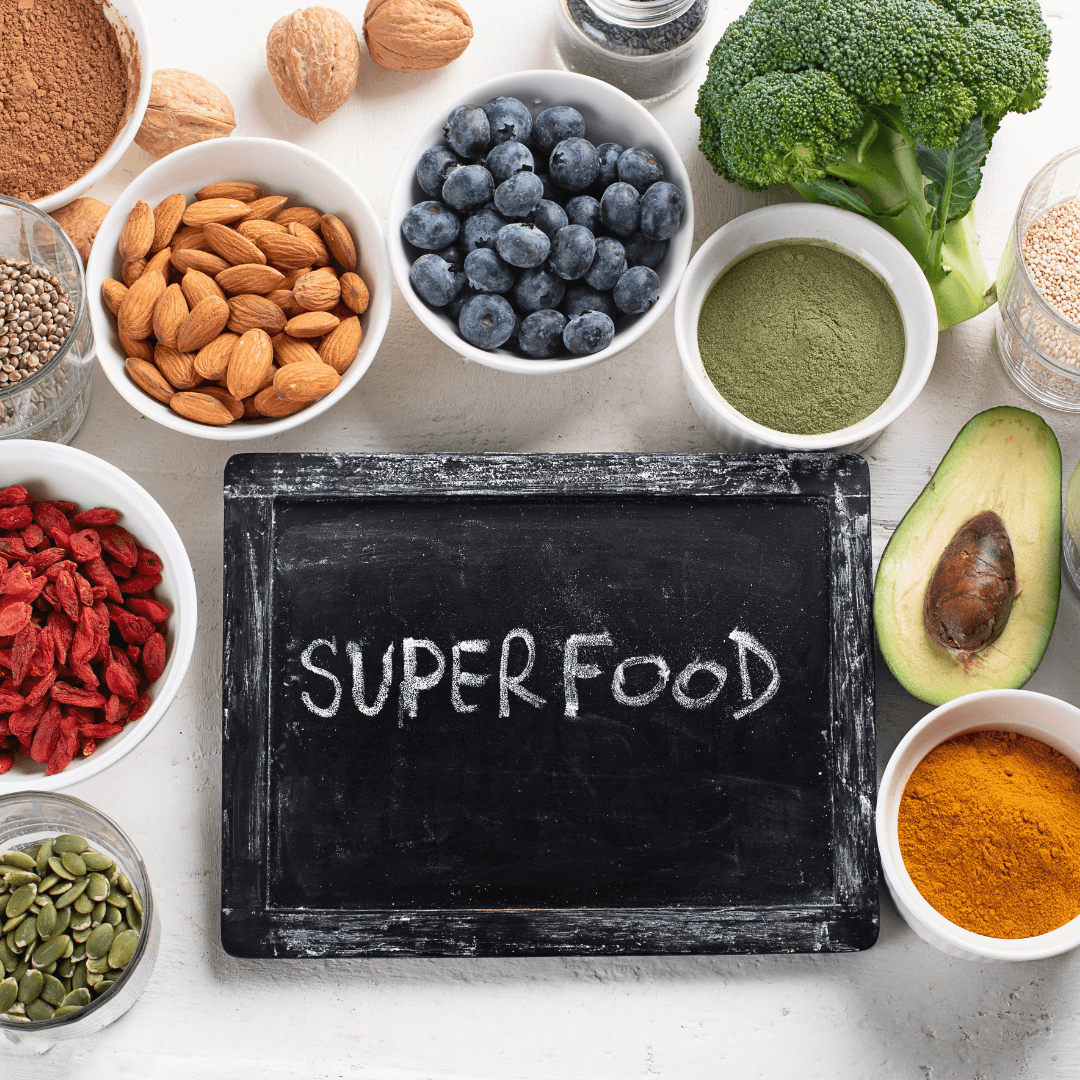
Vegan Superfoods For Athletic Performance
In the realm of vegan fitness, harnessing the power of lesser-known plant-based superfoods can be a game-changer for athletes seeking enhanced energy, optimal recovery, and overall performance.
These nutrient-dense foods go beyond the ordinary, offering a unique blend of vitamins, minerals, antioxidants, and other bioactive compounds.
1. Maca Root
- Derived from the Peruvian Andes, maca root is renowned for its adaptogenic properties.
- Enhances endurance and stamina, providing sustained energy for athletes.
- Supports hormonal balance, aiding in regulating stress hormones crucial for optimal performance.
2. Spirulina
- A blue-green algae rich in protein, iron, and essential amino acids.
- It boosts endurance and reduces muscle fatigue, making it an ideal supplement for cardiovascular activities.
- Antioxidants found in it help support general recovery by preventing oxidative stress.
3. Baobab Fruit
- Packed with vitamin C, potassium, and fiber, the baobab fruit hails from Africa.
- It supports immune function, which is vital for athletes undergoing intense training.
- It provides a natural electrolyte balance, aiding in hydration during workouts.
4. Camu Camu
- Derived from the Amazon rainforest, camu camu is a potent source of vitamin C.
- It enhances immune function and reduces exercise-induced oxidative stress.
- It supports collagen synthesis, which is crucial for joint health in active individuals.
5. Hemp Seeds
- High in omega-3 fatty acids, hemp seeds provide a plant-based source of essential fats.
- It supports cardiovascular health and reduces inflammation, contributing to faster recovery.
- It contains a balance of amino acids, making it an excellent protein source for muscle repair.
6. Lucuma Fruit
- Native to South America, lucuma is rich in antioxidants, fiber, and potassium.
- Provides slow-releasing carbohydrates, sustaining energy levels during prolonged workouts.
- Supports glycogen replenishment, aiding in post-exercise recovery.
7. Amla (Indian Gooseberry)
- Amla is a potent antioxidant, rich in vitamin C and other beneficial compounds.
- It supports immune health and helps combat exercise-induced oxidative stress.
- Enhances nutrient absorption, promoting overall well-being.
Incorporating these vegan superfoods into a well-balanced diet can offer a spectrum of benefits for athletes.
Whether blended into smoothies, sprinkled on top of meals, or consumed as standalone snacks, these lesser-known superfoods can elevate vegan fitness by providing diverse nutrients that contribute to sustained energy, efficient recovery, and peak performance.
As with any dietary changes, it's advisable to consult with a healthcare professional or nutritionist to ensure individual nutritional needs are met.
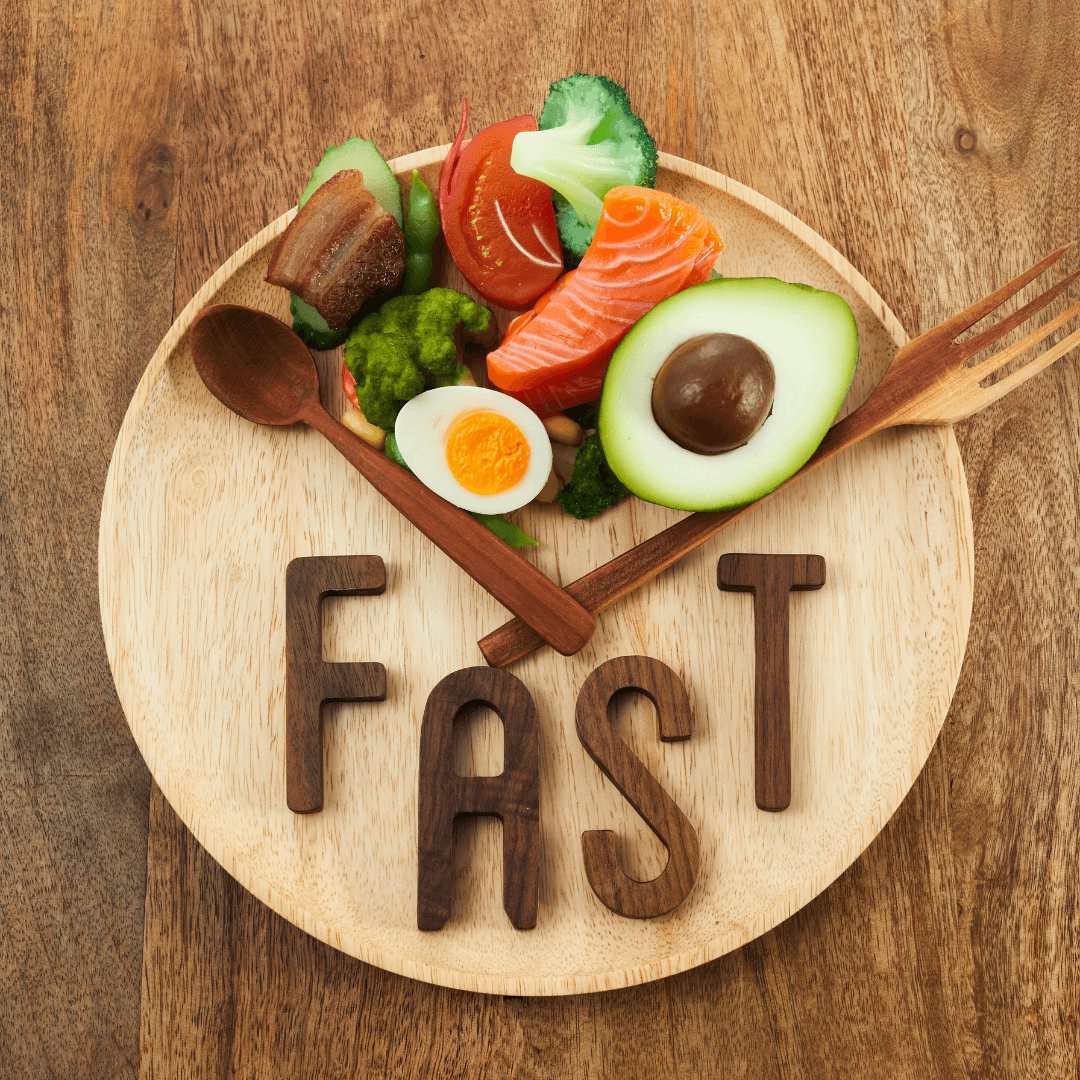
Vegan Intermittent Fasting And Fitness
This vegan fitness guide seamlessly integrates intermittent fasting, presenting a structured eating approach aligned with plant-based principles to optimize the performance of vegan athletes.
Vegan athletes can adopt intermittent fasting by opting for time-restricted eating and concentrating their meals within specific windows, such as a 16:8 ratio.
This allows daily fasting, encouraging the body to tap into stored energy reserves and promoting metabolic flexibility.
Alternatively, adopting intermittent fasting methods like the 5:2 approach, involving two non-consecutive days of reduced calorie intake can also be tailored to a plant-based diet with careful meal planning on fasting days.
The potential benefits of intermittent fasting for vegan athletes are manifold. Firstly, it can enhance metabolism by encouraging the body to efficiently utilize glucose and stored fats for energy, promoting metabolic adaptability.
Additionally, intermittent fasting can aid in fat loss by establishing a calorie deficit within the eating window, particularly when combined with a nutrient-dense, plant-based diet rich in fiber.
Contrary to concerns about muscle loss, properly implemented intermittent fasting can support muscle preservation, especially when complemented by adequate protein intake from plant-based sources like beans, lentils, and soy products.
Vegan athletes undertaking intermittent fasting should prioritize nutrient-dense foods during their eating windows, ensuring they meet their energy and nutritional needs for optimal performance.
As with any dietary modification, consulting with a healthcare professional or nutritionist is advisable to tailor intermittent fasting to individual fitness goals and ensure it aligns with the unique nutritional considerations of a vegan lifestyle.
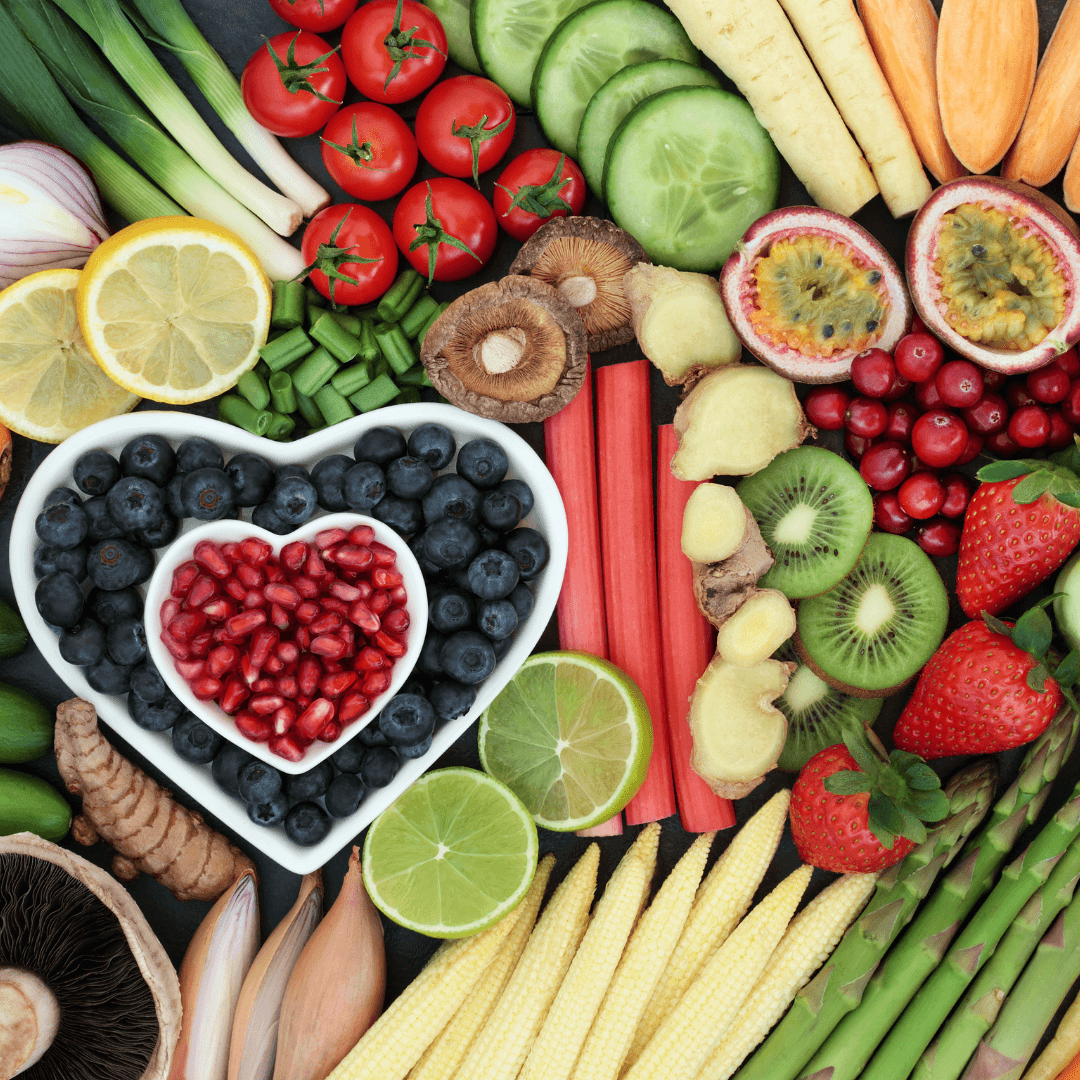
Mindful Eating Practices For Vegan Athletes
For vegan athletes, integrating mindful eating practices into their daily routines can significantly enhance overall well-being and optimize the benefits of a plant-based diet.
Mindful eating involves cultivating awareness and being fully present during mealtime, from planning to consumption.
Athletes can ensure a plant-based diet that is nutrient-dense, well-balanced, and well-connected with their food choices by integrating mindfulness techniques into meal planning.
This involves appreciating the colours, textures, and flavours of the diverse range of plant foods available.
Mindful eating extends beyond the physical act of consuming meals; it involves being attuned to hunger and fullness cues, fostering a greater understanding of the body's nutritional needs.
This heightened awareness during meals contributes to improved digestion and nutrient absorption.
Vegan athletes who eat mindfully are more likely to savour each bite, promoting thorough mastication and aiding the digestive process.
Additionally, mindful eating can increase meal satisfaction, reducing the likelihood of overeating and supporting weight management goals.
Furthermore, the connection between mindful eating and improved digestion is rooted in the physiological response to a relaxed state during meals.
Stress, often associated with rushed or distracted eating, can negatively impact digestion. By adopting mindful eating practices, vegan athletes create a conducive environment for optimal nutrient absorption, ensuring they extract the maximum benefit from the plant-based foods they consume.
Integrating mindfulness into meal planning and eating habits ultimately enhances physical health and nurtures a positive relationship with food, contributing to a holistic approach to wellness for vegan athletes.

Vegan Fitness Retreats And Camps
Vegan fitness retreats and camps offer a unique, immersive experience that harmonizes physical well-being, mindful practices, and a vegan-friendly ethos.
Begin on a transformative journey with the guidance of this vegan fitness guide, exploring unique and immersive experiences at vegan fitness retreats and camps that seamlessly blend physical well-being, mindful practices, and a dedicated vegan-friendly ethos.
These retreats cater to the specific needs and preferences of individuals committed to a plant-based lifestyle.
Participants can indulge in diverse fitness activities, from specialized vegan nutrition workshops to guided workout sessions tailored to all fitness levels.
One notable feature is the emphasis on cruelty-free and plant-based nutrition, with chefs creating exquisite plant-powered meals that nourish the body and align with ethical principles.
In wellness activities like yoga, meditation, and mindfulness practices, attendees are physically trained and surrounded by supportive individuals who share their interests.
These retreats often occur in picturesque and serene locations, providing a rejuvenating escape from daily routines.
Hiking, group exercise, and adventure challenges are a few examples of outdoor activities that vegan fitness camps may incorporate to promote a sense of community and a shared commitment to a vegan lifestyle.
Workshops led by nutritionists and fitness experts delve into the intricacies of vegan nutrition for optimal athletic performance, ensuring attendees leave not only physically invigorated but also armed with the knowledge to sustain their plant-based fitness journey.
The combination of tailored fitness routines, wellness practices, and a vegan-friendly environment creates a holistic and transformative experience, encouraging individuals to connect with their bodies, the community, and the principles of compassionate living.
Overall, vegan fitness retreats and camps serve as holistic havens where individuals can recharge, learn, and foster a deeper connection with their health and the broader vegan community.
Conclusion
In conclusion, the best vegan fitness guide is a holistic and compassionate roadmap addressing physical training and the ethical, environmental, and mental aspects of a plant-based lifestyle.
It is a guide that empowers individuals to thrive in their fitness journey while honouring the principles of cruelty-free living.
Ultimately, the best vegan fitness guide is a living document adaptable to evolving nutritional science, fitness trends, and individual needs.
It is a testament to the harmony between robust physical health, ethical considerations, and a plant-powered approach to life.
With this guide, individuals are not just embarking on a fitness journey but embracing a lifestyle that radiates vitality, compassion, and lasting well-being.
I trust you enjoyed reading the article on the Best Vegan Fitness Guide. Would you mind staying tuned? There are more blog posts to come very shortly.
JeannetteZ
>>>Please click here to read my Vegan Travel Guides To World Destinations<<<
>>>Want To Learn How To Create Delicious, Cruelty-Free, Healthy AND 100% Vegan Meals? Try These Awesome Vegan Cooking Courses With A Free 7-DAY MEMBERSHIP<<<
Your Opinion Is Important To Me
Ideas? Thoughts? Questions? I would love to hear from you. Please leave me your questions, experiences and remarks about the Best Vegan Fitness Guide below. You can also reach me by email at Jeannette@LivingTheVeganLifestyle.org.
Disclosure
This post may contain affiliate links. I earn from qualifying purchases as an Amazon Associate and other affiliate programs. Please read my full disclosure.
You might also enjoy these blog posts:
Nourishing Your Body With Vitamin D-Rich Vegan Foods
Best Vegan Beauty Personal Care Products


